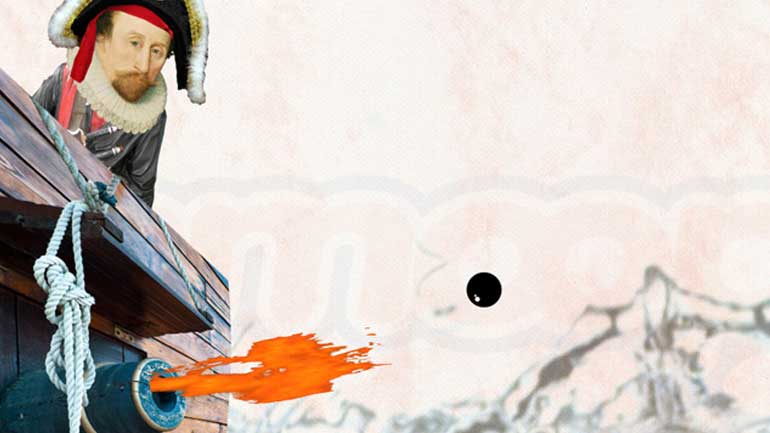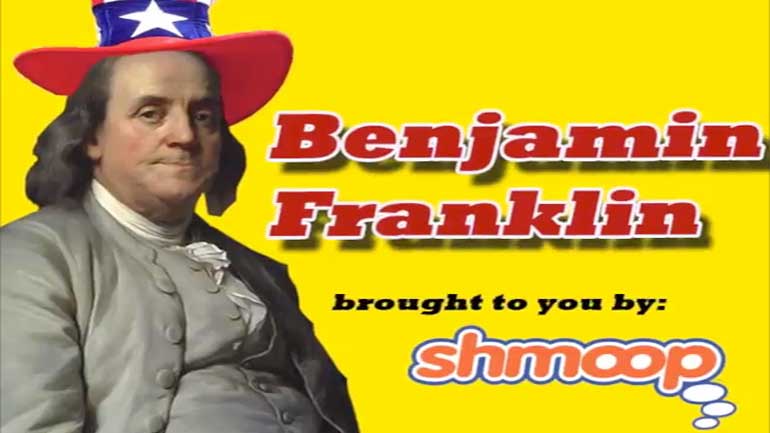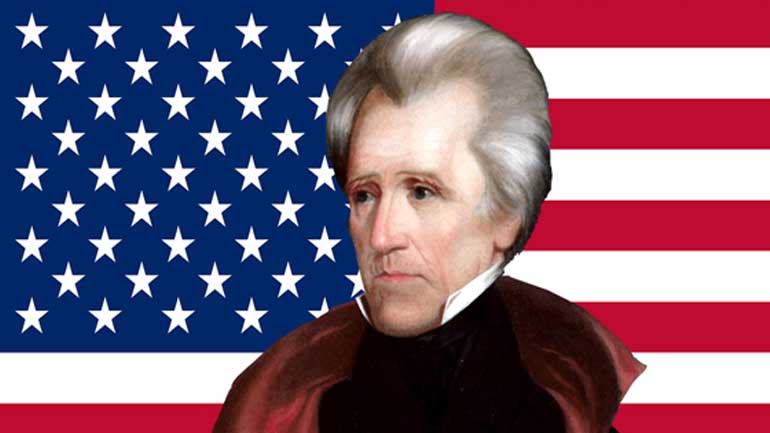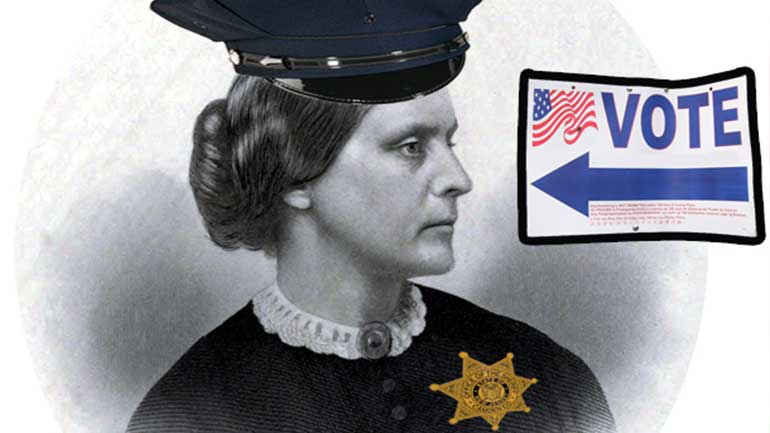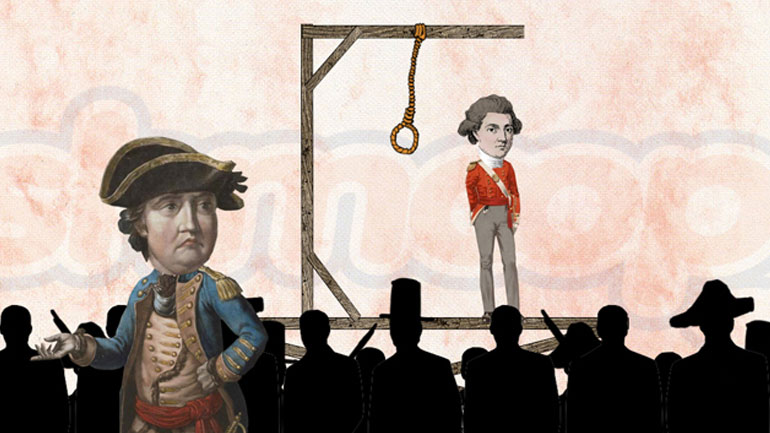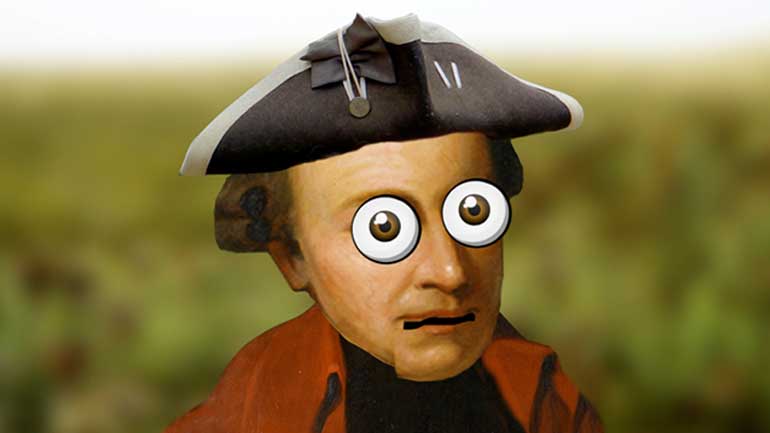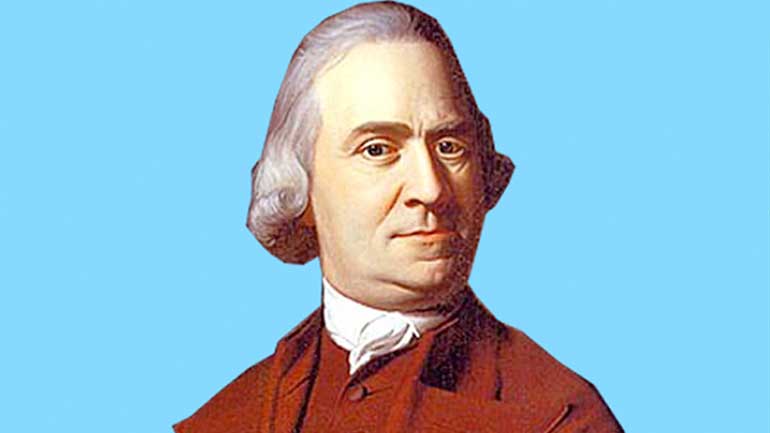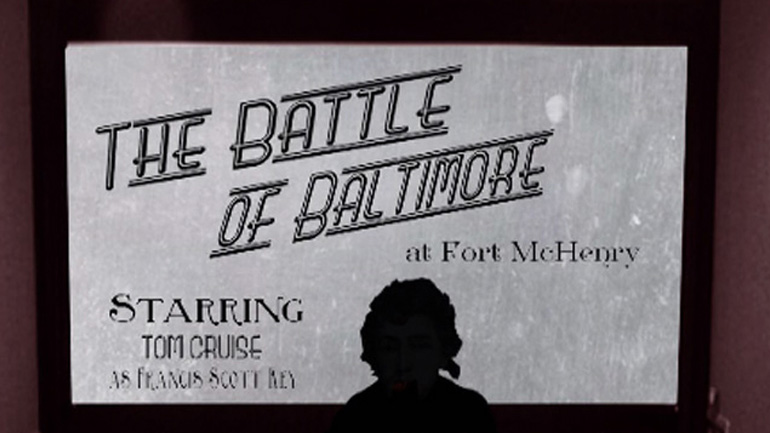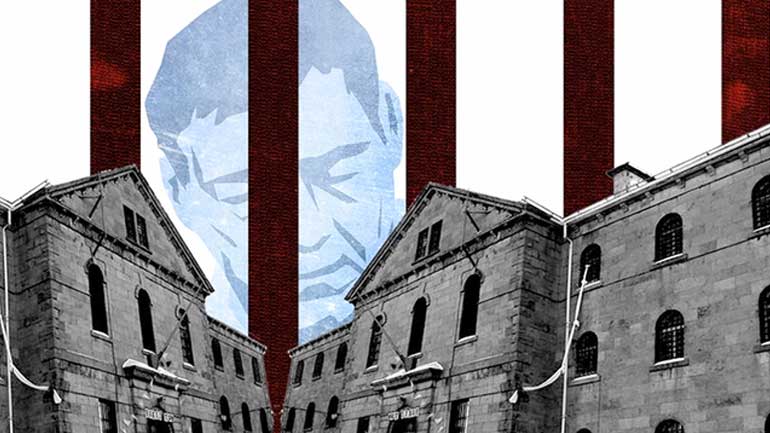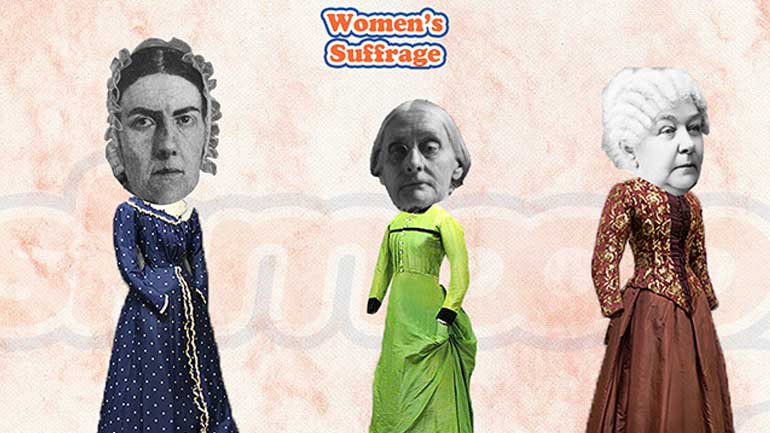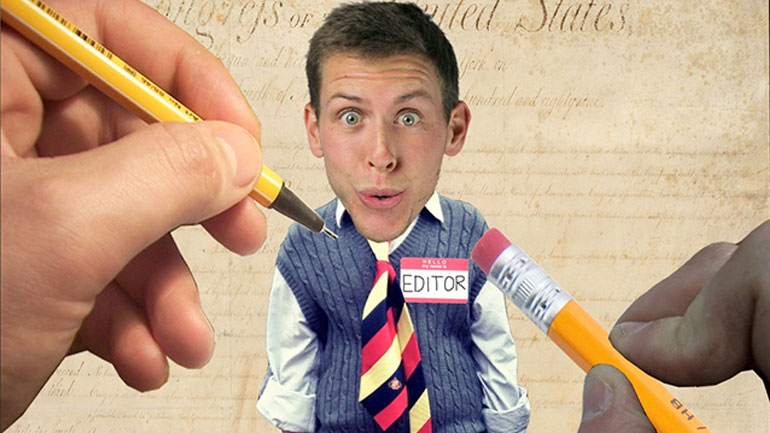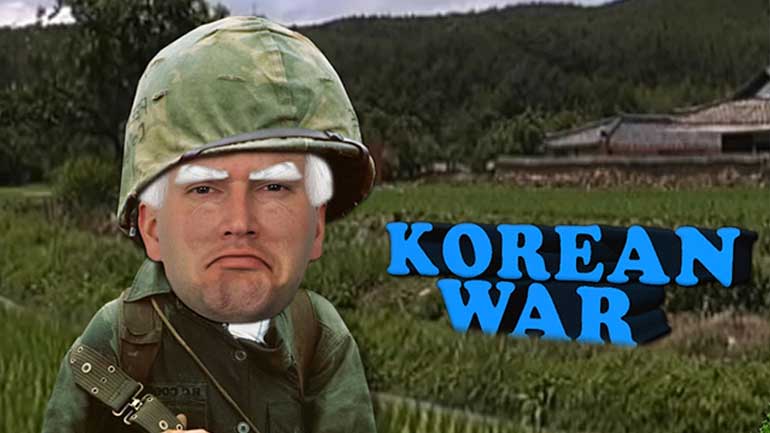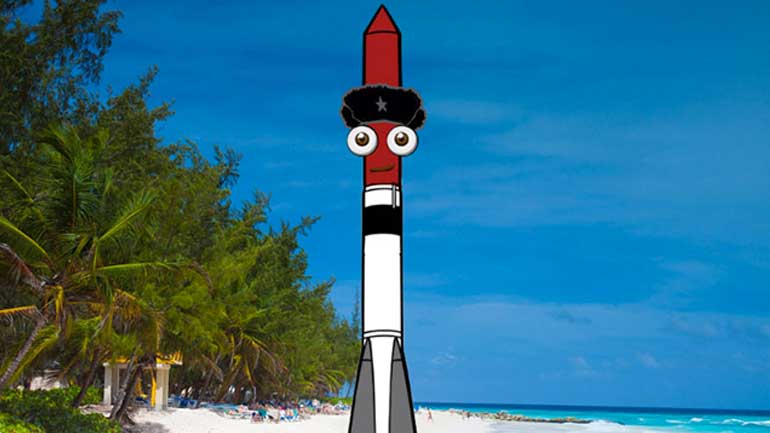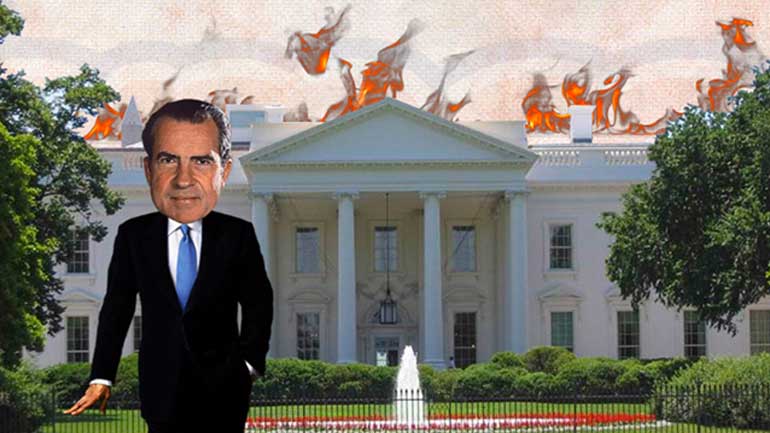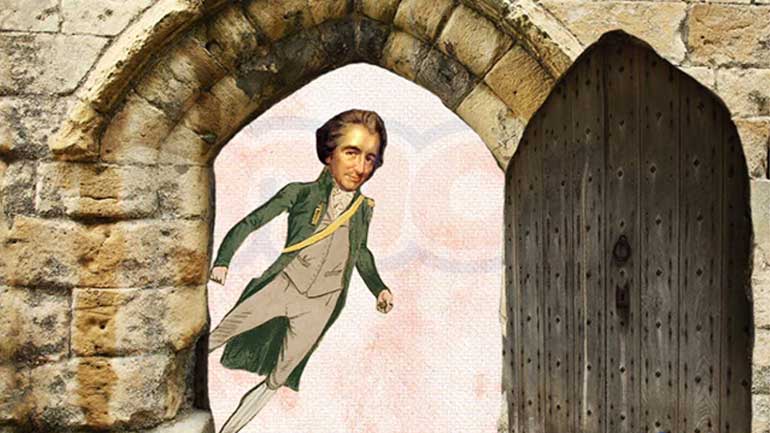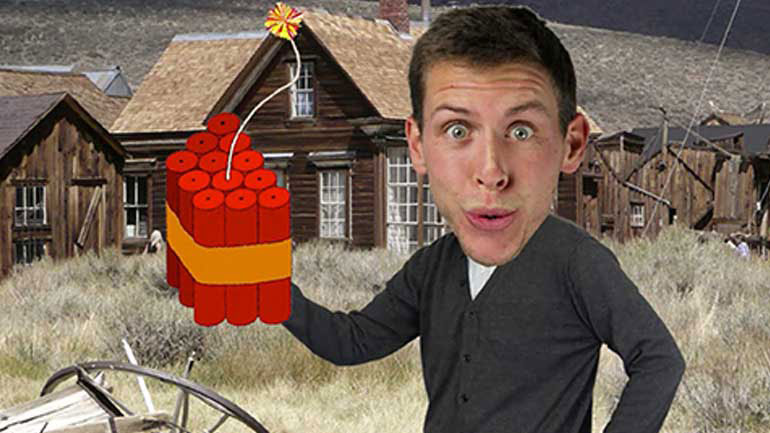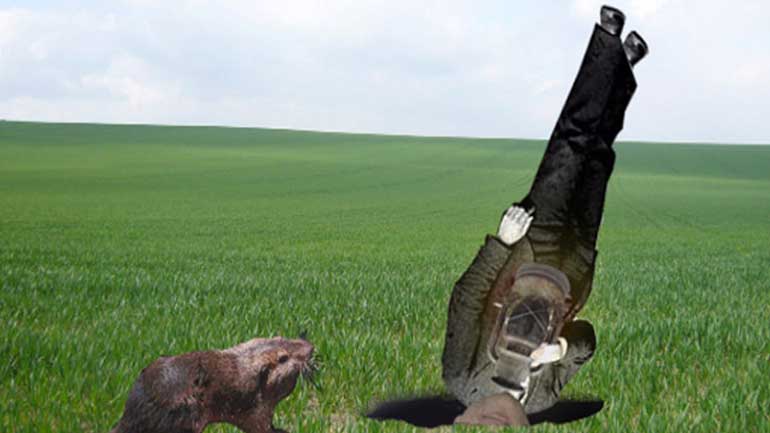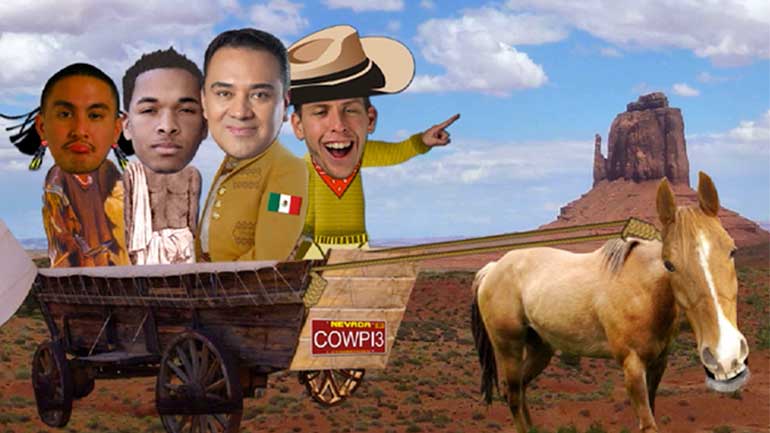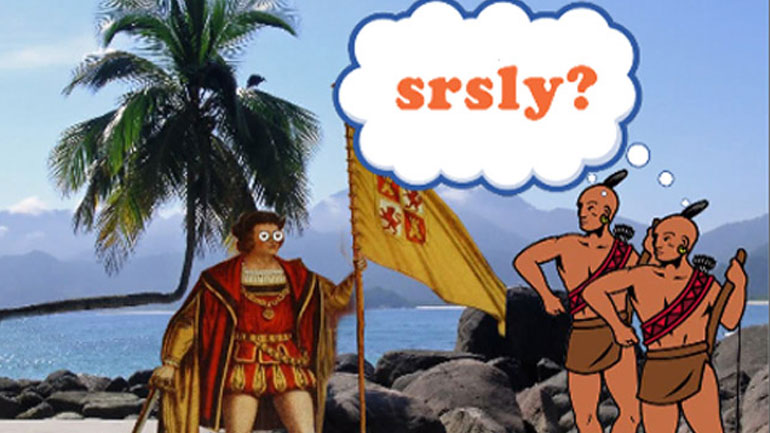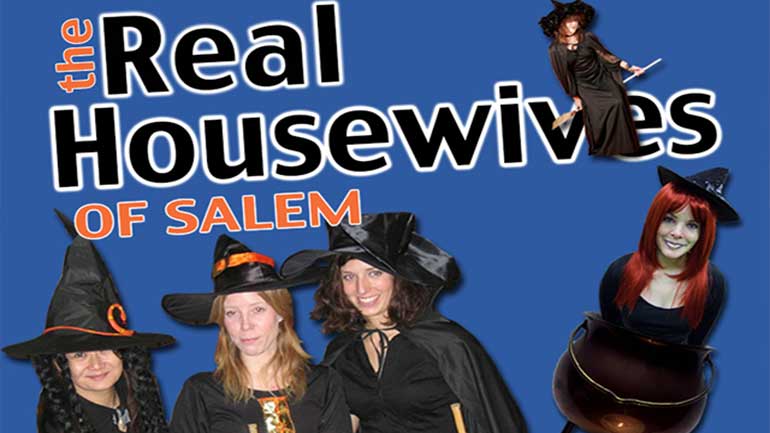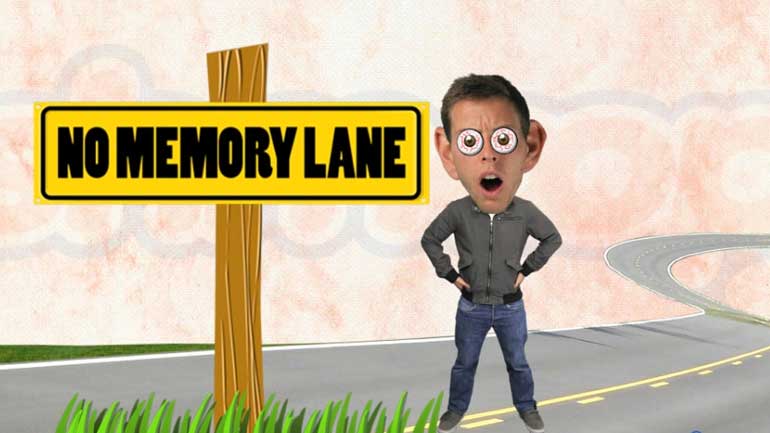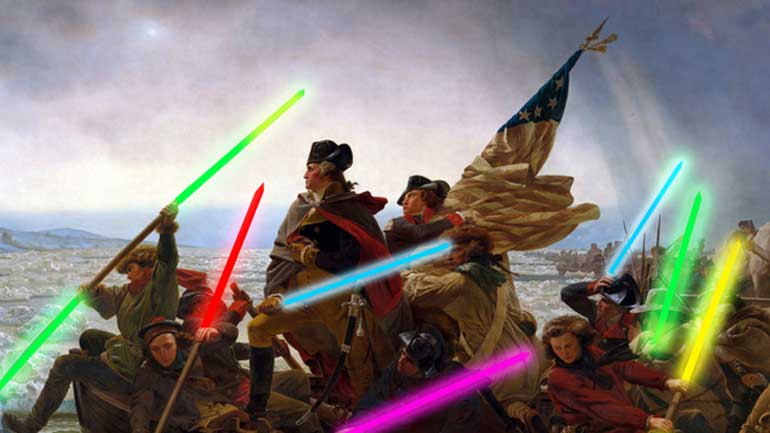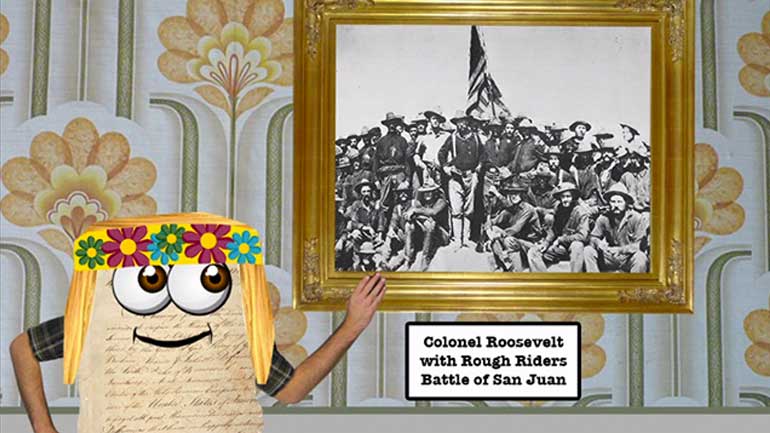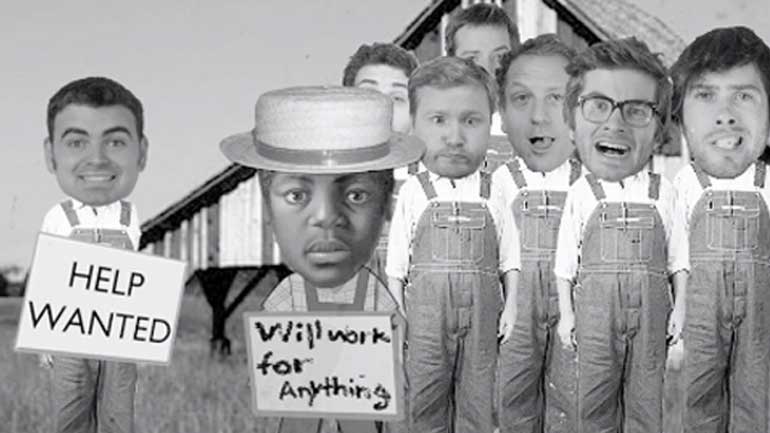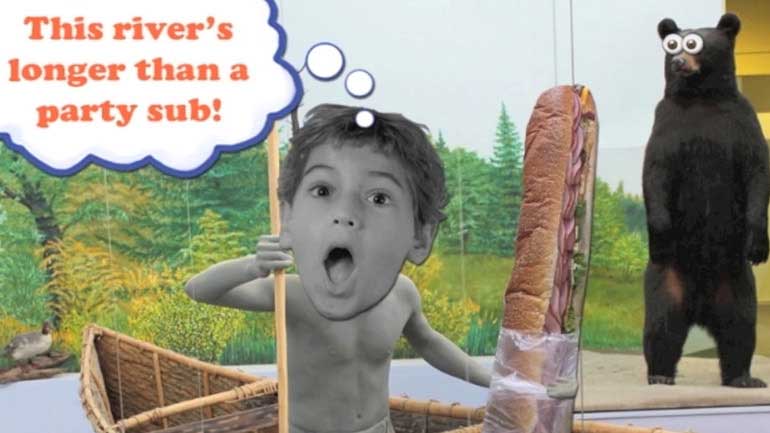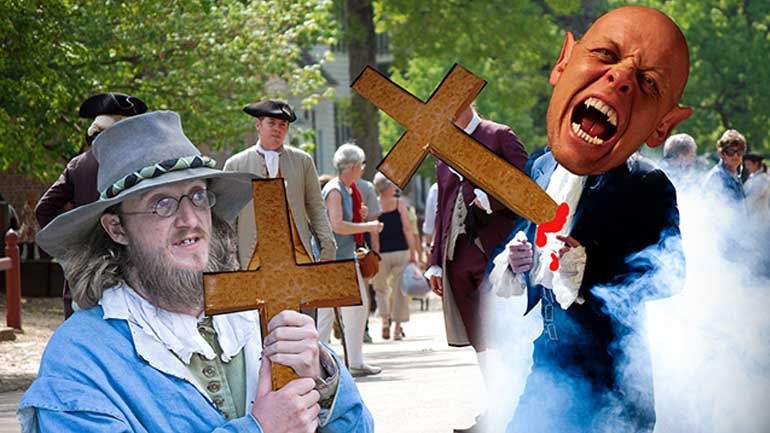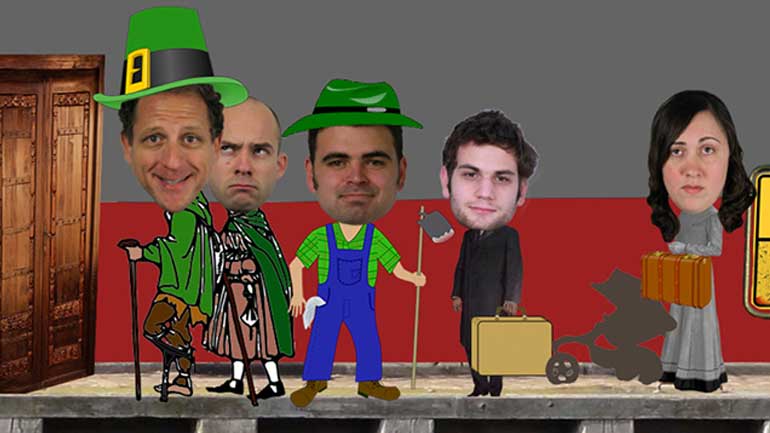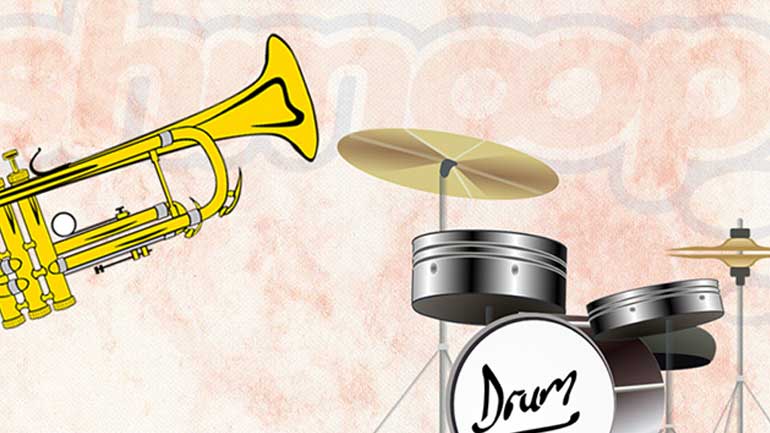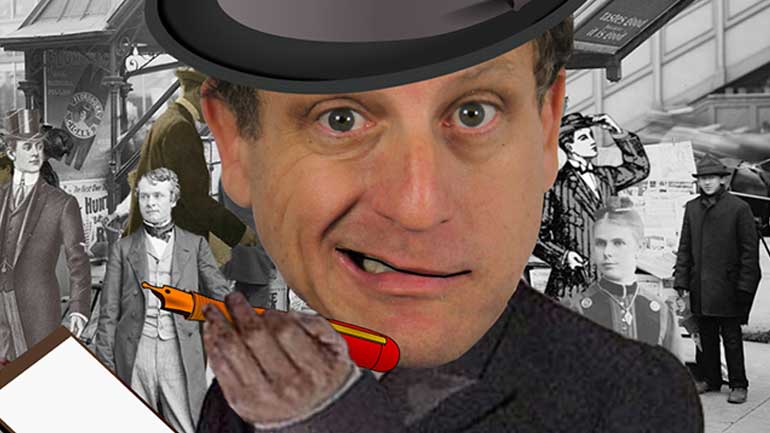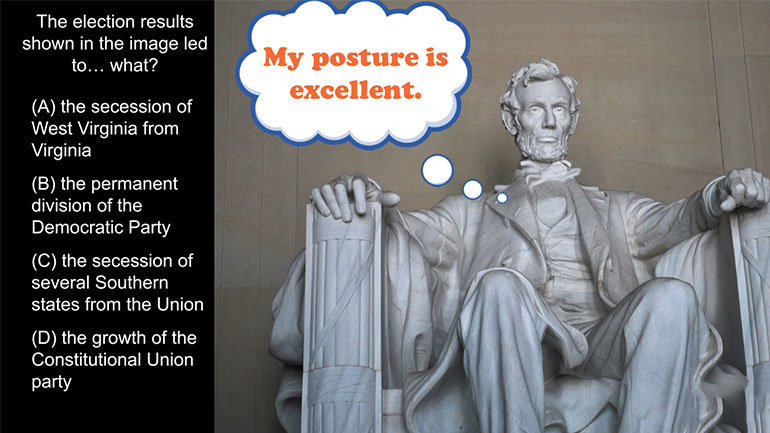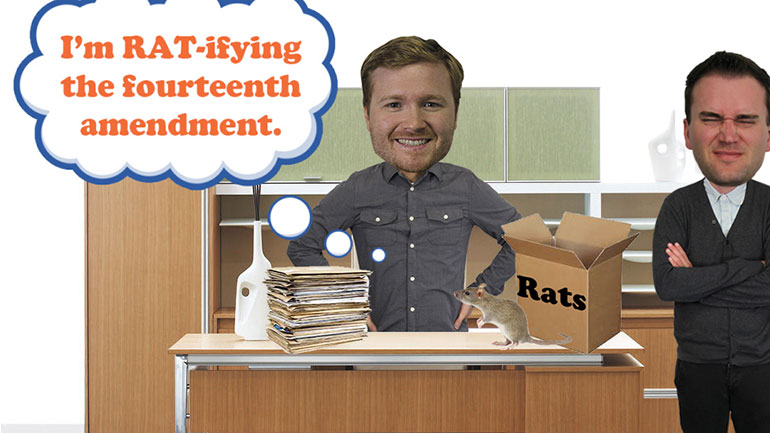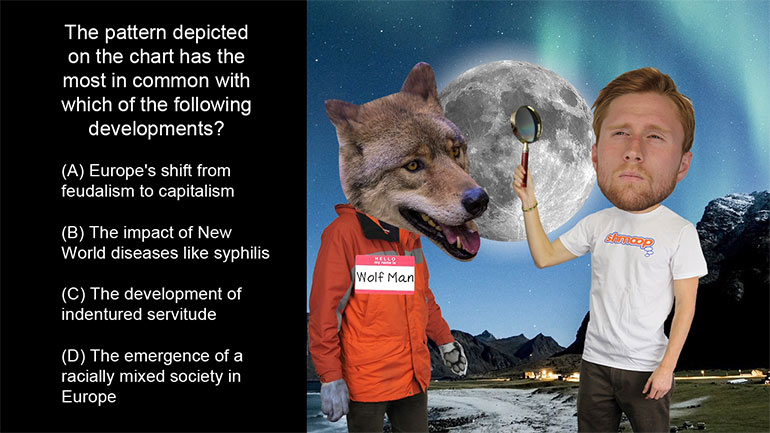ShmoopTube
Where Monty Python meets your 10th grade teacher.
Search Thousands of Shmoop Videos
Social Studies Videos 51 videos
GED Social Studies 1.1 Civics and Government
John Hawkins was may have been the most interesting man in the world. He doesn’t always hijack ships, but when he does... he prefers for them to...
Betty Frieden was one of the leading influences (arguably the starting one) in women's rights. She argued for gender equality everywhere— from th...
Colony Names 418 Views
Share It!
Description:
So wait. England didn’t just buy a "baby country" book and start flipping through the pages, waiting to be inspired? "What do you guys think about Georgeland?" "Oh, really? I think he looks more like a New Algonqua…" How did it really go down?
Transcript
- 00:07
How the Colonies Got Their Names, a la Shmoop
- 00:12
You ever wonder how things get their names?
- 00:18
Ottomans? Chevrolets?
- 00:22
Oprah?
- 00:25
What about this country? Where do the states get their names?
Full Transcript
- 00:30
Specifically, how were the original thirteen colonies named?
- 00:36
Let's start with the first colony founded: Virginia.
- 00:41
Or the Colony and Dominion of Virginia, as they called it then. They liked to complicate things.
- 00:48
The original colony of Virginia encompassed
- 00:50
what is today Virginia, Kentucky, Indiana, Illinois, and West Virginia.
- 00:55
It was named after Queen Elizabeth. So why not call it "Elizabethtown?"
- 01:00
Well, aside from copyright issues, Elizabeth was known as the Virgin Queen. Hence "Virginia."
- 01:10
Along the same lines, Georgia was named after King George II.
- 01:16
What about the Carolinas? The North and South parts are pretty obvious...
- 01:20
But what about the Carolina part? Was there a Queen Caroline?
- 01:25
Nope. Carolina was a language that local Algonquin Indians spoke.
- 01:33
Delaware also gained its name from the natives who inhabited the colony.
- 01:39
Connecticut is an Anglicized version of the Algonquian word for "on the long river."
- 01:46
Quinatucquet. Say that three times fast.
- 01:51
The Massachusett was also an Algonquin tribe,
- 01:55
giving their name to -- you guessed it --
- 02:00
Massachussets.
- 02:03
So was there a Hampshire tribe?
- 02:06
Or a Rhode tribe?
- 02:09
Nope. New Hampshire was simply named after Hampshire County in England.
- 02:16
If you didn't guess, the same goes for New York and New Jersey.
- 02:22
And Rhode Island was named because its shore resembled that of Rhodes in Greece.
- 02:32
Although folks at the time liked to call it "Rogue's Island" because of its reputation,
- 02:36
which is much cooler than the name.
- 02:40
And that leaves us with Maryland.
- 02:43
Maryland was unique. It was founded specifically as a Catholic colony.
- 02:49
The name is in reverence to the Virgin Mary.
- 02:54
And that's how the original Thirteen Colonies got their names.
- 02:58
What about your state? Your city?
- 03:01
Do you know how they were named?
- 03:04
Shmoop amongst yourselves.
Related Videos
Ever heard of a "living document"? They eat and breathe just like the rest of us! They even walk around on their own two legs. Okay, fine—maybe t...
If the Puritans had gotten their way, religion would play a much larger role in lawmaking these days. Want to know more? Watch the video for all th...
What happened between the creation of the Articles of Confederation and the ratification of the current U.S. Constitution? This video analyzes the...
The Modernists thought the world had a lot of problems, and they were intent on fixing them—or at least talking about fixing them. Unfortunately,...
This video explains Federalism and the quest for a fair balance between state and national power. It covers the progression and compromises of Fede...

